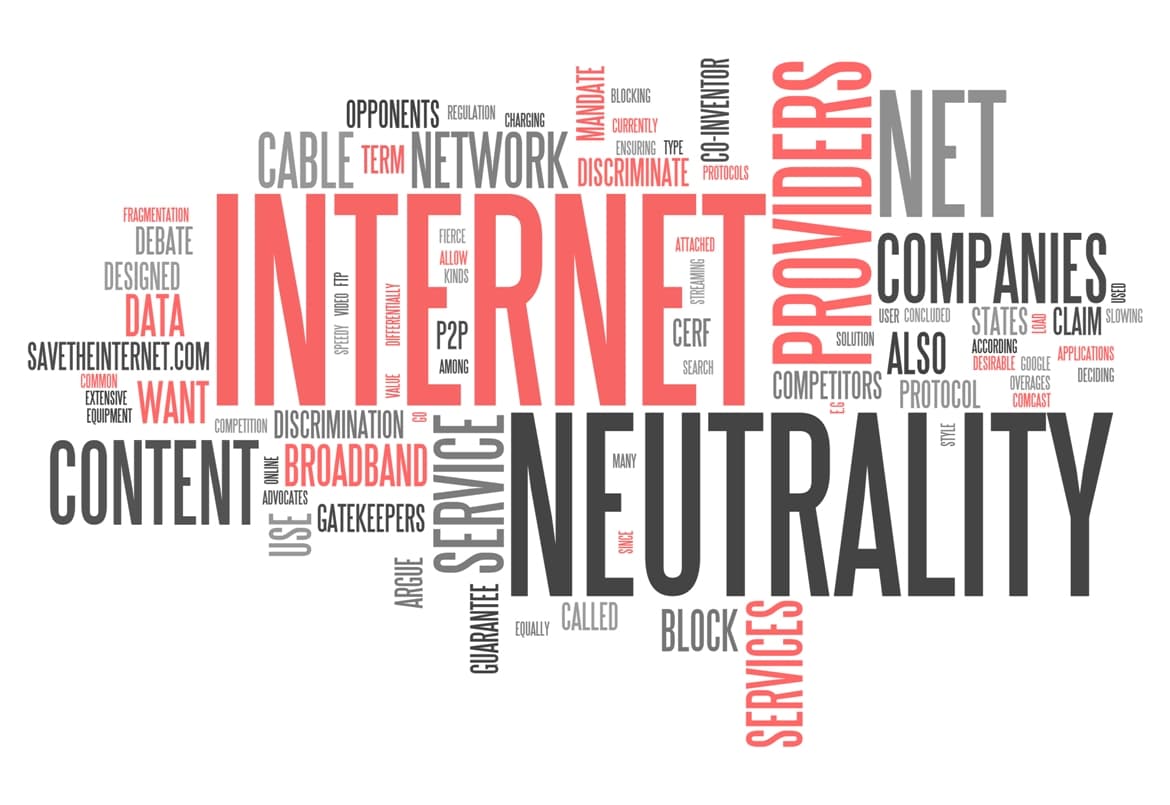TRAI Kills Differential Pricing, Preserves Net Neutrality - Puts Free Basics On Hold
The Telecom Regulatory Authority of India (TRAI) passed it’s verdict in support of continuing net neutrality in India at a press conference held on Monday February 8th, putting a halt on differential pricing by telecom service providers. TRAI’s decision also effectively put on hold Facebook’s Free Basics, the social network’s biased internet scheme.

The terms “net neutrality†has been heard a lot of times in India in the past year, along with “differential pricingâ€. These terms gained a lot of importance when Facebook announced it’s Free Basics internet plan for India. Facebook CEO Mark Zuckerberg had announced this plan as a way to provide the masses access to free internet. The content the people would have access to would be, of course, determined by Facebook. This sparked much controversy in the country, as implementation of Free Basics would have given Facebook a high degree of control over the country’s internet.
The way Free Basics works is that companies pay Facebook to be included and Facebook provides Free Basics consumers free access to these websites, and ONLY to these websites. This puts other internet sites that don’t or can’t pay at a significant disadvantage. It would also coerce consumers into accessing only the services of the companies in the registry, thereby ignoring their competitors who are not enrolled into Free Basics.
A lot of protest against this “selective†form of internet arose in the country, with a lot of citizens signing petitions and participating in campaigns to preserve India’s unbiased internet. Facebook had also started a campaign in support of Free Basics, in response to the rising level of opposition against it.
In the press conference, TRAI observed that providing selective content regulated by a company such as Facebook to consumers, including many first-time internet users, would have adverse consequences in the long term.
Different pricing based on content, such as giving importance to certain websites, or differentiating between video streaming and normal data usage, was banned. TRAI also barred different service providers making content cheaper by providing consumers with refunds or bonuses when accessing certain content. It was also made clear that such actions which result in differential pricing would be met with strict legal action. TRAI also said that prohibiting such discriminating tariff for data services would ensure service providers keeping the internet non-discriminatory for India’s growing number of internet users.
TRAI, which had called for the public’s opinion in the matter, says that it has considered many internal and external parameters before reaching it’s verdict. With TRAI’s decision, the Indian internet user can rest easy; the country’s internet will for now, and hopefully forever, remain fair.
Source: #-Link-Snipped-#

The terms “net neutrality†has been heard a lot of times in India in the past year, along with “differential pricingâ€. These terms gained a lot of importance when Facebook announced it’s Free Basics internet plan for India. Facebook CEO Mark Zuckerberg had announced this plan as a way to provide the masses access to free internet. The content the people would have access to would be, of course, determined by Facebook. This sparked much controversy in the country, as implementation of Free Basics would have given Facebook a high degree of control over the country’s internet.
The way Free Basics works is that companies pay Facebook to be included and Facebook provides Free Basics consumers free access to these websites, and ONLY to these websites. This puts other internet sites that don’t or can’t pay at a significant disadvantage. It would also coerce consumers into accessing only the services of the companies in the registry, thereby ignoring their competitors who are not enrolled into Free Basics.
A lot of protest against this “selective†form of internet arose in the country, with a lot of citizens signing petitions and participating in campaigns to preserve India’s unbiased internet. Facebook had also started a campaign in support of Free Basics, in response to the rising level of opposition against it.
In the press conference, TRAI observed that providing selective content regulated by a company such as Facebook to consumers, including many first-time internet users, would have adverse consequences in the long term.
Different pricing based on content, such as giving importance to certain websites, or differentiating between video streaming and normal data usage, was banned. TRAI also barred different service providers making content cheaper by providing consumers with refunds or bonuses when accessing certain content. It was also made clear that such actions which result in differential pricing would be met with strict legal action. TRAI also said that prohibiting such discriminating tariff for data services would ensure service providers keeping the internet non-discriminatory for India’s growing number of internet users.
TRAI, which had called for the public’s opinion in the matter, says that it has considered many internal and external parameters before reaching it’s verdict. With TRAI’s decision, the Indian internet user can rest easy; the country’s internet will for now, and hopefully forever, remain fair.
Source: #-Link-Snipped-#
Replies
You are reading an archived discussion.
Related Posts
NASA's Ames Research Center is now reportedly focusing on Super Bowl, the annual championship game of the National American Football League, in order to gather useful knowledge pertaining to aerodynamics....
In a huge step forward towards harnessing nuclear fusion as an energy source, Chinese scientists from the Institute of Physical Science, Hefei have managed to heat hydrogen gas to temperatures...
Can we feed the data or readings from CRO or function generator to internet and monitor them on real time?
Abstract: The term “Forging” is applied to processes in which a piece of metal is worked in a machine to the desired shape by plastic deformation of the starting stock....
Guys, we're printing our next batch of CrazyEngineers Stickers and want to know if you'd like to see .com added to our logo. Those who don't know here's how our...
